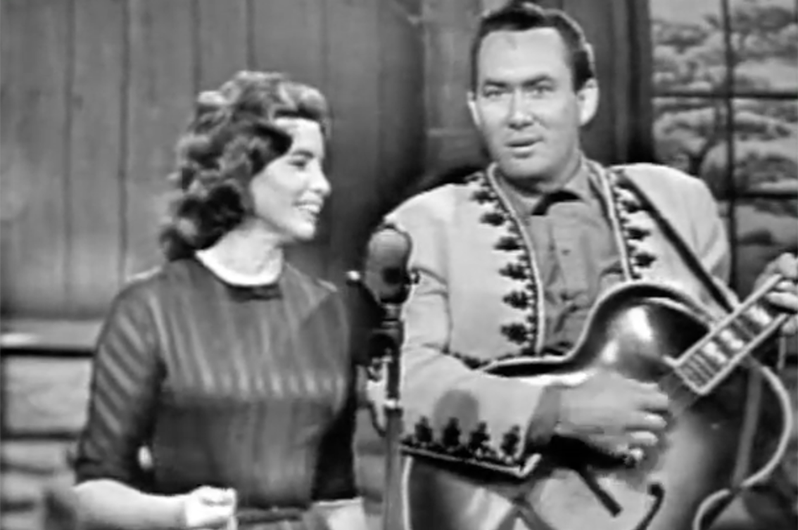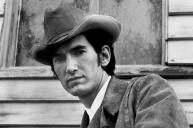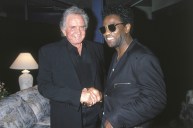Don Gibson passed away on Nov. 17, 2003, a year that took a serious toll on American culture, particularly in country music. The year claimed Johnny Cash, June Carter Cash, Gary Stewart, Johnny Paycheck and many more.
But Gibson's passing represented in many ways the passing of a great country tradition: the lonesome tune. Gibson had many talents, but his ability to resonate with lonely listeners took him to the top of the charts many times.
Sure, country music captured the "sad bastard" stereotype early and exploited it often. But the truth is, singing songs about being lonely captured the sentiment of so many blue collar Americans. Which makes sense, because Gibson grew up a poor Carolina boy.
Most area musicians made it to Nashville immediately, but Gibson actually found success in Knoxville, Tennessee. The Shelby, North Carolina native eventually found his break by way of the tune "Sweet Dreams," which landed him a publishing deal with Roy Acuff's company and a record deal with MGM.
He later moved to Nashville to record with Chet Atkins at the soon-to-be-world-famous "Home of 1,000 Hits," RCA Studio. While there, he recorded two songs he wrote while living in a trailer park in Knoxville. Those two songs became two of country's best-known tunes.
"Oh Lonesome Me" took off pretty much immediately. By 1958, Gibson had a major hit on his hands. He performed the song relentlessly on the road and on television.
Singles at the time had an A-side and a B-side. The B-side to his huge hit "Oh Lonesome Me" proved to be anything but second fiddle. Because that tune became one of the most-recorded songs of all time, "I Can't Stop Loving You."
The list of people who had a hit with that song goes on and on. Patsy Cline, Kitty Wells, Emmylou Harris, Reba McEntire, Neil Young. But of course, Ray Charles' 1962 version remains one of American music's most beautiful songs. It topped the pop chart for five straight weeks. And yes, it's terribly sad.
But that's the emotion Gibson found so compelling and fruitful when it came to writing. And he did consider himself a writer first. "I consider myself a songwriter who sings rather than a singer who writes songs," Gibson said.
The Country Music Hall of Fame inductee also found a way to make his country roots more appealing to the pop masses. He fully embraced the symphonic Nashville Sound of the era. That's partially because he kept his music very simple and amenable to different styles.
"I write about people, not things," Gibson said. "I never had a lot of education, and I don't feel easy with words. Most of the words to my songs are real simple. I just make them up to some tune on the guitar I've come up with. It's the sound of the guitar that I've always been interested in."
A slew of hits followed "Oh Lonesome Me": "Look Who's Blue", "Don't Tell Me Your Troubles", "Sea of Heartbreak," "Blue Blue Day", "One Day at a Time," "Give Myself a Party," "Woman (Sensuous Woman)," and "Rings of Gold" with Dottie West.
Gibson struggled at times with drugs and alcohol, like many of the country stars of the day. But he never failed to churn out songs that captured people for their sheer honesty and emotional breadth. There's nothing to help make you feel less alone like knowing others are lonely too.
He charted 82 songs all in all, including three No. 1 singles and many other country classic duets with other artists. "The Sad Poet" Don Gibson represented one of the most influential eras of country music, and one that's sadly gone to the wayside in recent history in favor of upbeat party tunes. But as long as the earth spins, songs like "Oh Lonesome Me" and "I Can't Stop Loving You" evoke sincere emotions that hold an important place in the human experience. There's a reason the singer-songwriter was inducted into the Nashville Songwriters Hall of Fame in 1973.




